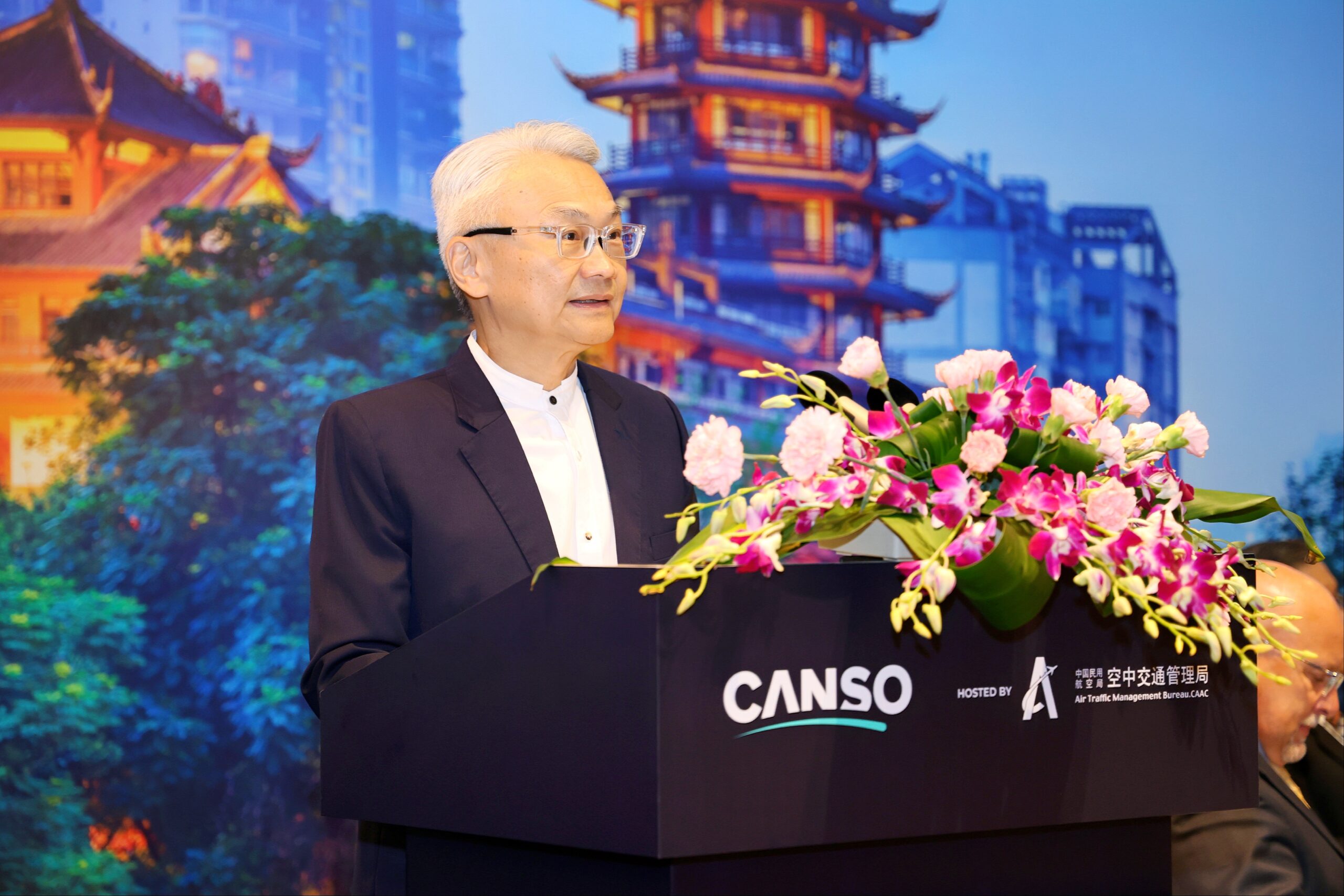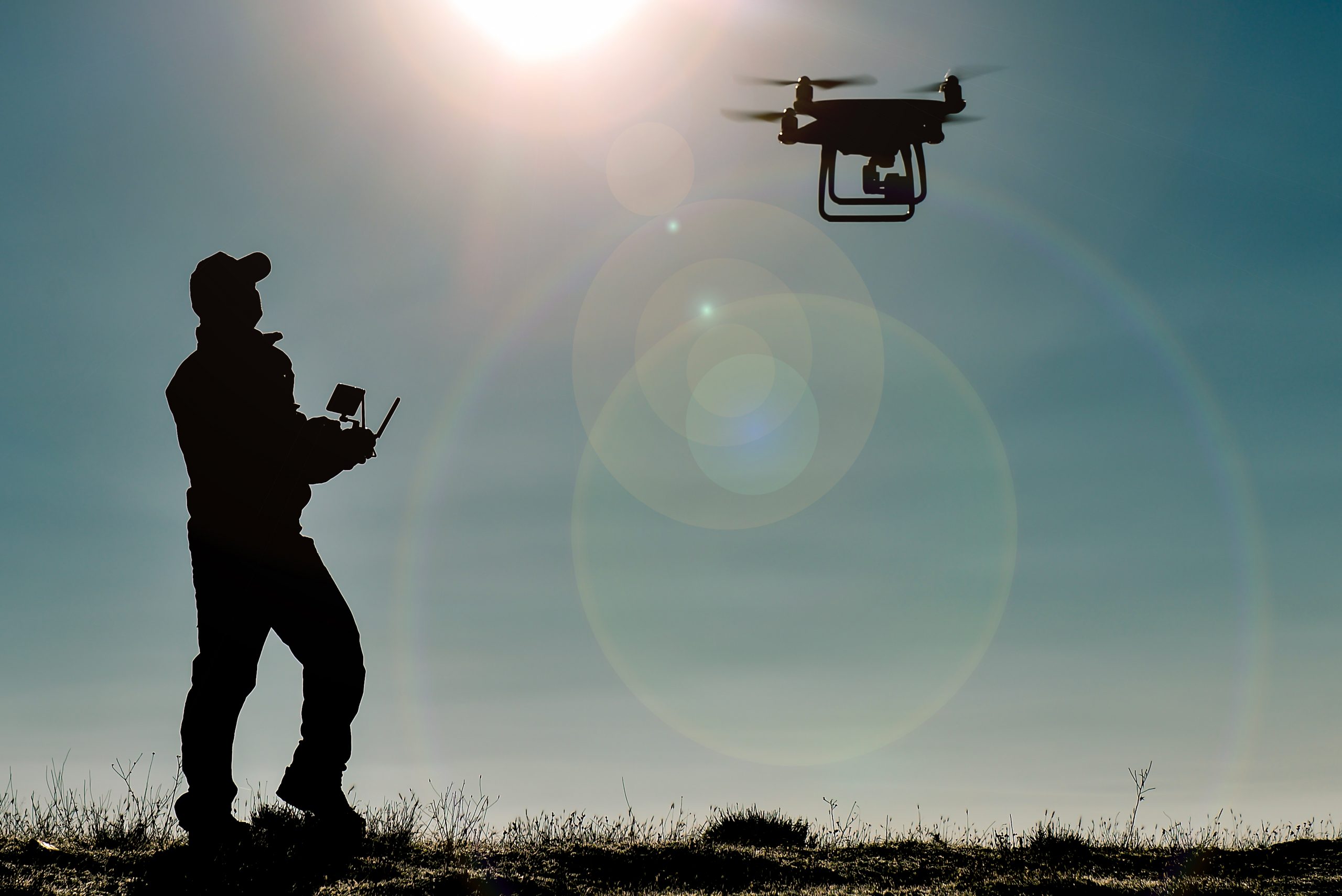Air Partner Services Division’s key takeaways from Airspace World
As new members of CANSO, allow us to introduce ourselves. Air Partner Services Division is made up of three organisations – aviation safety specialists Baines Simmons, security solutions provider Redline Assured Security and disaster and crisis management experts Kenyon International Emergency Services.
We had the pleasure of attending the recent Airspace World in Geneva. It was our first CANSO event and did not disappoint. Joining over 7000 attendees from across the ATM and UTM sectors, we were keen to learn more about the main opportunities and challenges currently being faced within the industry. From innovation and digital transformation in ATM to strengthening resilience in ATM, to integrating RPAS and Urban Air Mobility we relished the opportunity to hear from and meet with so many industry experts.
Safety Leadership
One of the key sessions that stood out to us was Safety Leadership Challenges: How to remain safe during transformation with Austro Control, EUROCONTROL, CAA Singapore and Flight Safety Foundation. The session kicked off with a reminder that safety should be everyone’s value and sustainability can only be explored once it’s assured that passengers are traveling safely. An essential enabler for achieving this is a Just Culture.
Managers need to understand the data to make informed decisions, so it is vital that they listen and understand what they are telling them. For ATCs, who are historically risk adverse and against change, have experienced accelerated digital transformation driven by Covid. The result is that what our people now need is psychological safety, which can be achieved through a Just Culture.
The key to establishing a Just Culture:
- Maintain the conversations, even with staff changes – and there has been a lot of staff changes with Covid.
- Build up when the weather is good, rather than wait for something bad to happen. For example, think about the need for training for athletes.
We would add to this with:
- A Just Culture has to be lived, not just published as a policy – be dogmatic about its consistent application in practice.
- A Just Culture is not just about determining whether a person should be disciplined or not. It’s about establishing behavioural expectations, setting up for continuous learning and performance improvement as an organisation, built on trust.
- A Just Culture takes time to mature – it can be destroyed in an instant. Ensure managers recognise its value and know how to resolutely protect it.
Any organisation in the air traffic management industry should be passionate about the importance of having a Just Culture and keen to create one. There are plenty of tools available to help achieve this, including Baines Simmons’ FAiR (Flowchart Analysis of Investigation Results) tool, which helps organisations establish and maintain effective process and practise that drives your safety culture overall. To find out more you can download your free copy of our recently updated FAiR 3 here.
From other discussions had at the event around safety, we found Human Factors and fatigue to be topics of importance. In an environment that is so heavily dependent on systems and software, whilst continuing to experience staff shortages, the importance of managing fatigue and accommodating Human Factors remain paramount in ensuring safe management of our skies.
Finally, we heard a question raised at the Safety Leadership Challenges session that we and our customers come up against regularly, “What is the ROI on safety?” We couldn’t agree more with the response provided by Andrea Sack of Austro Control, “that it’s more about the costs of not having safety.”
Recognising that Leadership is critical to both safety and operational success and that it’s the same people that deliver on both requires them to be considered together and Baines Simmons holds that any improvement to a performance influence factor that affects safety will also bring operational improvements too (and Vice-Versa)
Crisis Management
Another standout session for us was Crisis Management in Air Traffic Management: Ensuring Business Continuity with EUROCONTROL, DC-ANSP, AirNav Ireland, AAI and FAA. With the new CANSO Expected and Unexpected Events Guide about to be released, the session started with a reminder that disruption events can be anything, from natural disasters and war to a shortage of ATCs and adverse weather. To tackle these events confidently and successfully it is essential to have a comprehensive and effective plan, built upon yours and others previous experiences.
As highlighted by the panel, just having an Emergency Response Plan (ERP) is not enough, it needs to be tested and practiced regularly through exercises. It also needs to be supported by regular communications by a prepared media arm and leadership team. It was further stressed that the first hour is critical for getting external communications out within that timeframe and then ensure there are regular updates to stay in control of the narrative and set the scene for the rest of the crisis.
The panel shared both positive and negative experiences directly related to the level of preparedness (or not!) and particularly how well extremely challenging situations were handled because of robust and tested ERPs. As highlighted in this session, the best way to write and test your ERP is by working with an independent auditor to get a true view and evaluation of what is working and advice on improvement needed.
We are fully aligned with this and believe that preparedness is key for crisis management. This can be achieved through ERP writing and review, regular training and exercises. A comprehensive emergency plan is essential to delivering a response effort of the highest standard and protecting your brand, reputation, and value in times of crisis. This plan should be supported with training, such as crisis leadership and crisis communications, and exercises that test the plan, including table-top and call centre exercises. With Kenyon International Emergency Services, these services are built upon our 118 years of experience of responding to crises globally including some of the biggest, 9-11, Asian Tsunami, Hurricane Katrina, Haitian Earthquake, Lan Mozambique flight 47, Germanwings fight 9525 and Grenfell Tower fire.
During the session it was also heartening to hear that greater focus is now being applied to the well-being of those responding to crises, ‘Decompression’ and return to normal operations should not be assumed to be an easy journey for a person to take on their own.
If you’d like to discuss any of the topics mentioned above, don’t hesitate to get in touch at hello.services@airpartner.com.




